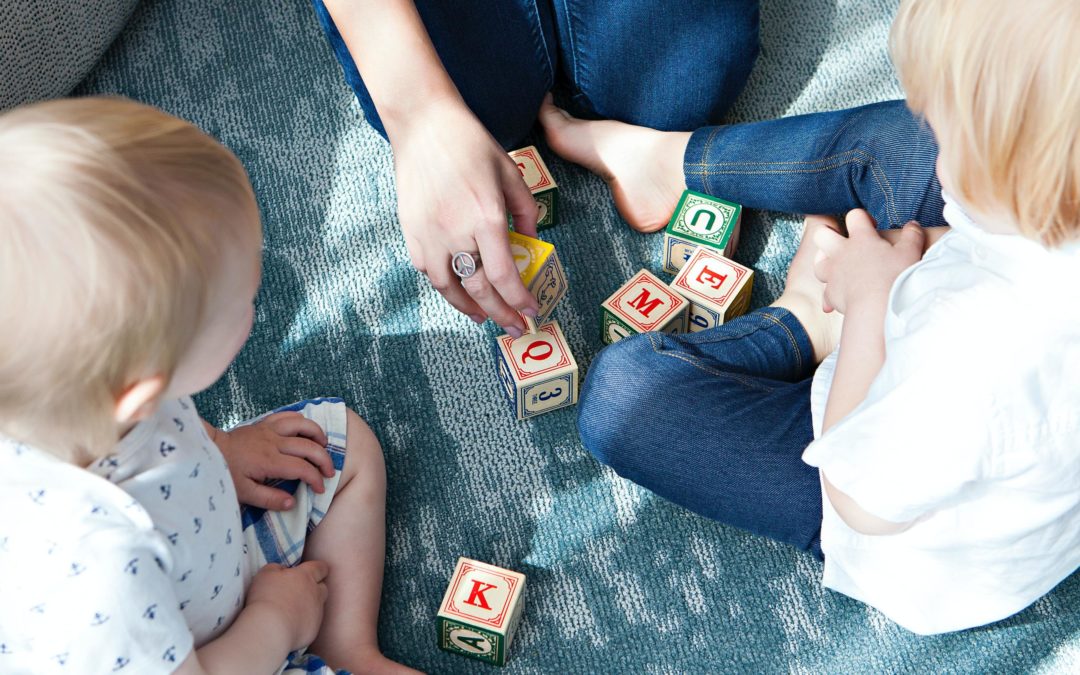Supervised contact or supervised time is where a parent’s time with their children is supervised by a third party. The purpose of supervision is to allow the parent/child relationship to be maintained whilst ensuring the safety and wellbeing of the child. Supervised time aims to mitigate a child’s exposure to risks or any unsafe situations.
Supervised time can be ordered by the Court in family law proceedings or it may be agreed to by the parents.
In family law matters, the Court has an obligation to act in the best interest of children. In order to determine what is in the best interests of children, the Court must consider a number of factors. One of the primary considerations the Court looks at is the importance of a child maintaining a meaningful relationship with both of their parents. The other primary consideration is protecting the child from harm. Supervised time allows these two primary considerations to be balanced and minimises risk to the child.
Supervised time is suitable when there is considered an unacceptable risk of harm to the child if they were to spend unsupervised time with one of their parents. Some common reasons the Court may order supervised time include where:
- There is a risk of family violence;
- There is a risk of child abuse or neglect;
- There is high parental conflict;
- One parent has mental health illness;
- One parent has issues with substance abuse;
- There is concern for parenting skills or capacity of one parent; or
- A child and parent have not seen each other in some time and they need to re-establish their relationship.
It is important to remember that supervised time is not a punishment but rather a means to ensure that a child is safe and the parent and child can continue to spend time together whilst any allegations/risks of harm are investigated. Whilst a parent may feel they are being punished in fact in many cases, supervised time can also protect the supervised parent from further allegations of any wrongdoing. Supervised time may also help to support the strengthening of the parent child relationship in a safe environment.
Often, supervised time will be on an interim basis as the Court has not had an opportunity to test the evidence therefore a conservative approach must be adopted. There are difficulties with supervised time being ordered on a final basis, however it is within the power of the Court to make an indefinite order for supervised time.
A supervisor can be a family member or a friend, a contact centre or a private supervision organisation. It is usually unsuitable for the other parent to be a supervisor of the time between the supervised parent and the child. Who is an appropriate supervisor will depend on the individual case circumstances.
To find out more information or to arrange an appointment, please contact Savanna Bull on 02 4322 0251 or email us at [email protected].


